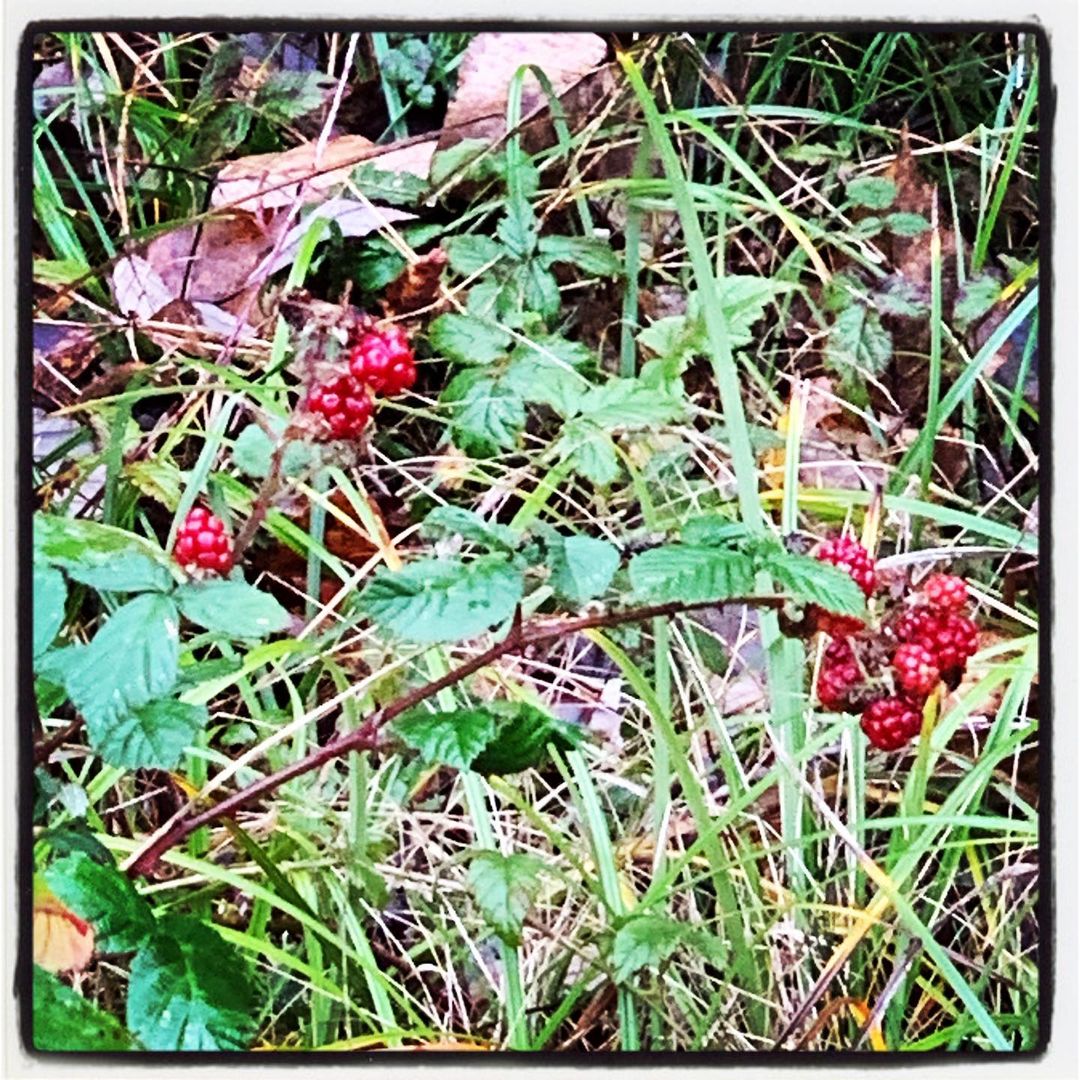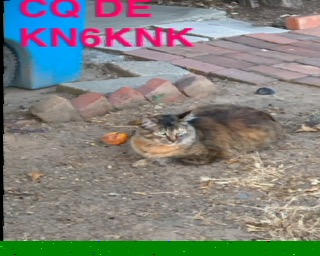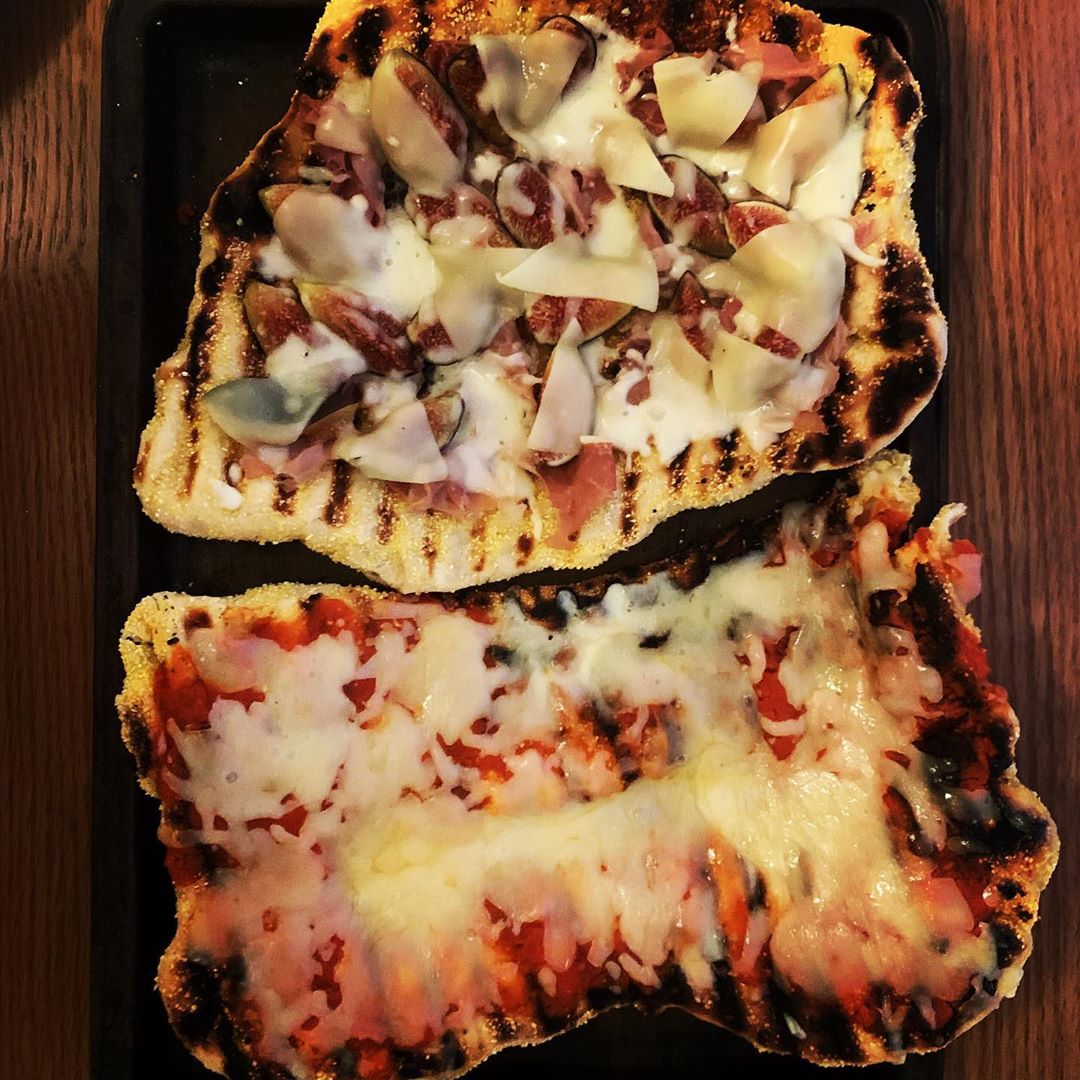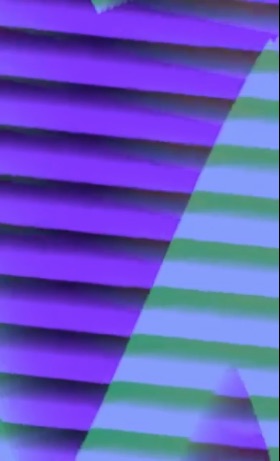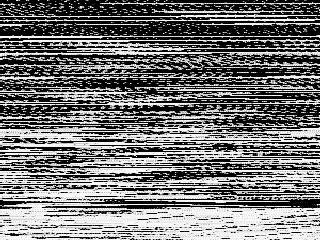Archive for 2020
-
A Tree's Strength Is Its Trunk: IIIF As Core Operational Infrastructure
-
POD: Platform for Open Discovery
-
Perfecting a favorite: oatmeal chocolate chip cookies
I have a horrible sweet tooth, and I absolutely love oatmeal chocolate chip cookies. I tend to bake as a means to cope with stress, and of course, more often then that means making these cookies. After making many iterations, I’ve settled upon this recipe as the ultimate version to which all compare.
-
Lighting the Way: A Preliminary Report on the National Forum on Archival Discovery and Delivery
-
In a weird state for creative projects given an impending move (I’ve packed up nearly all of my physical music gear, for instance), but it’s given me the opportunity to start messing around with VCV Rack. Treating this as an exercise in constraint rather than frustration.
-
eking out the last bits of performance by adding pagination to notes and posts list pages
-
created a now page: https://matienzo.org/now
-
🔖 This Is Peru. We Can't Breathe. –
The regime simply cannot bring itself to understand why or how this is happening — as representatives of old-school ways of doing politics, they keep looking for responsibility across political parties and groups, and they keep chasing shadows and denouncing some non-existent left-wing conspiracy of some sort. But the protests are already completely somewhere else: they’re self-organizing through social networks like Twitter, Instagram, and increasingly TikTok. Groups are quickly coming together and sharing information and resources without any sort of central coordination. Merino, Flores-Aráoz and their cabinet have no idea what’s going on, and they’re befuddled by how much energy is brewing up so quickly.
-
Now
What I’ve been busy with lately -
🔖 Rodrigo Ochigame, "Informatics of the Oppressed" –
[F]rom the very beginnings of informatics—the science of information—as an institutionalized field in the 1960s, anti-capitalists have tried to imagine less oppressive, perhaps even liberatory, ways of indexing and searching information. Two Latin American social movements in particular—Cuban socialism and liberation theology—inspired experiments with different approaches to informatics from the 1960s to the 1980s. Taken together, these two historical moments can help us imagine new ways to organize information that threaten the capitalist status quo—above all, by facilitating the wide circulation of the ideas of the oppressed.
-
🔖 Skills for Revolutionary Survival: 5. Communications Equipment for Rebels –
Face the facts. We are tied to our devices in ways that are incredibly useful for organizing, but that also expose us to isolation should the state and companies take away these technologies. Cell phones and the internet rely on corporate infrastructure and is subject to both government surveillance and service denial. What do we do when social media bans anti-capitalists and anti-colonialists? What do we do when our cell phones fully become monitoring devices we willingly keep by our side, all to the benefit of state intelligence services? What happens when our cell phone numbers are blocked from service? How will the revolutionaries continue to communicate locally, regionally, and internationally?
These are the questions that have been left in the dust, forgotten or ignored in favor of more romantic visions of armed struggle. People forget; no struggle has ever been successful without robust communication networks that are not subject to state control. From the French resistance in WWII to the Zapatistas in the Lacandon Jungle, communications matter!
-
🔖 Step Inside The Museum of Obsolete Library Science –
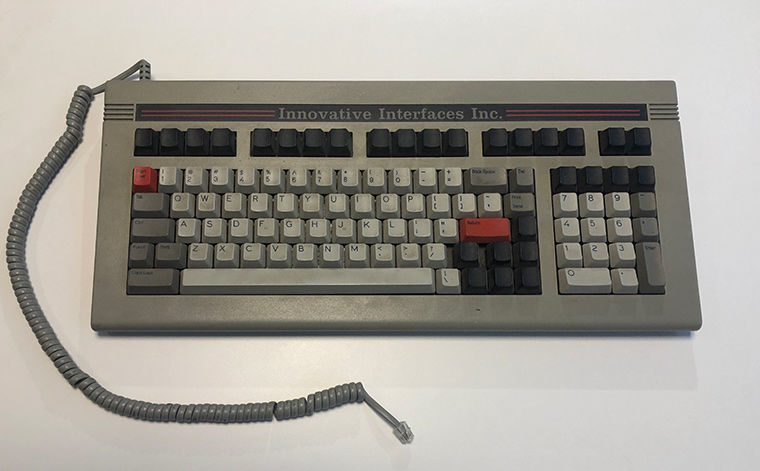
It takes a special kind of confidence to call your company Innovative Interfaces, especially when your innovation seems to be to just take a regular keyboard and make a bunch of the keys not do anything.
-
🔖 WR: Mysteries of the Organism—Beyond the Liberation of Desire –
On the occasion of the birthday of Yugoslavian director Dušan Makavejev, who passed away last year, we explore what his classic 1971 film WR: Mysteries of the Organism has to offer today’s struggles against nationalism, fascism, and dogmatism.
-
🔖 Kelly Pendergrast, "Disassembly Required" –
Instead, what would it look like relate to today’s machines as the 19th century weavers did, and make decisions about technology in the present? To look past the false promise of the future, and straight at what the robot embodies now, who it serves, and how it works for or against us.
-
Hidden depths: Illuminating the extent of invisible systems, born-digital, and collections management work
-
Last night’s AX.25 failures turned into success! I followed K1CHN’s second post on using the TH-D74A’s TNC over Bluetooth, and successfully made my first connection to a packet BBS, N6ZX-4 on Kings Mountain.
-
I bought a second-hand Kenwood TH-D74A recently (through Craigslist). I’ve messed about with APRS on it, used it for my first SOTA activation, and now am trying to get it hooked up to my Raspberry Pi to use its built-in KISS TNC for Winlink and packet BBSes. K1CHN’s post has been useful. However, shortly after connecting something is leading to it “disconnecting” over USB, with
cdc_acm ...: failed to set dtr/rtsshowing up in the kernel message and (re)adding a new device for the radio. My first guess is that it might be resolved with a choke on the USB cable, but I might try Bluetooth first… -
🔖 Julia Viebach, "Transitional archives: towards a conceptualisation of archives in transitional justice", *International Journal of Human Rights*, 2020 –
This paper seeks to trouble and complicate core assumptions about transitional justice and archives and to critically examine the relationship between them. Records about conflict and dictatorship are like records in general never only a reflection of realities, but they constitute these realities. Following Harris’ plea to find ‘exigencies’ to the transitional justice paradigm it suggests the term transitional archives to highlight the multi-layered afterlife of human rights records. It thereby emphasises the open-ended nature, ‘the in-becoming’, of transitional archives. It argues that by including critical archival studies in our thinking of transitional justice and a violent past, we can push beyond the dominant discourse of healing, closure and reconciliation, and open up space to investigate not only how the past but also transitional justice itself is produced at the intersection of power, memory, narrative and violence.
-
Interested in our User Experience Designer position at Stanford Libraries? Read more about what you’ll be working on, the team on which this sits, and our work. Apply by October 31 for earliest consideration. Contact me if you have any questions.
-
In Memoriam and Appreciation of Rob Casson (1974-2020)
The world lost one of its brightest and most charming lights earlier this week, Rob Casson. Many of us knew Rob through the Code4Lib community and conferences and his work at Miami University Libraries. We miss his generosity, patience, sense of humor, and genuine kindness. Those of us who got the chance to socialize with him also remember his passion for music, and some of us were even lucky to see live shows in the evenings between conference sessions and other social activities.
On Sunday, October 4 at 1:30 PM Pacific/4:30 PM Eastern, those of us who knew him through Code4Lib and the world of libraries are encouraged to gather to share our memories of him and to appreciate his life and work. Please join me and my co-organizers, Mike Giarlo and Declan Fleming on Zoom (registration required).
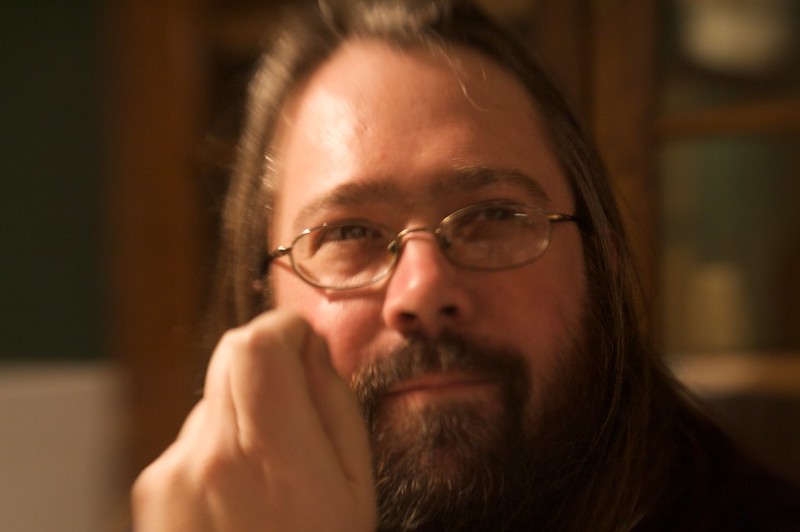
Robert Casson (robcaSSon), 30 Jan 1974 - 29 Sep 2020. Photo: Declan Fleming.
-
First SOTA activation
About a month ago, I got my ham radio license, and soon after I got pretty curious about Summits on the Air (SOTA), an award scheme focused on safe and low impact portable operation from mountaintops. While I like to hike, I’m arguably a pretty casual hiker, and living in California provides a surprising number of options within 45 minutes driving time for SOTA newbies.
-
🔖 Yolanda Rankin, Jakita Thomas, and Nicole Joseph, "Intersectionality in HCI: Lost In Translation" –
So how should researchers operationalize intersectionality in the context of HCI? Start by asking a series of questions: Are you thinking about everyone as you design this tool? Who is at the table to inform decisions about how this technology will be designed and for whom? Do the key stakeholders, intended users, and communities in which the technology is being situated for use reflect the diversity of humanity and respect for those who have a history of being disenfranchised and marginalized? How have I, as a person of privilege, co-constructed research engagements with marginalized scholars or communities? Am I conducting research on or with participants? In what ways have I interrogated my privilege (e.g., race or gender) to dismantle hegemonic systems of oppression that exist within HCI? Next, when summarizing findings in papers, be sure to include how power informs the research process. Scholars who use their findings to address intersectionality interrogate how widely accepted research traditions facilitate the social reproduction of whiteness. Calling this out in Method sections becomes an indicator of a scholar’s commitment to using intersectionality for social justice in HCI.
See also the authors’ proposed reading list for potential resources.
-
🔖 Eugenia Zuroski, "Holding Patterns: On Academic Knowledge and Labor" –
We know academic institutions have great desire and need for what we have to offer. We feel it in being incessantly called upon to give of ourselves. We want to contribute our expertise in ways that feel just, supported, acknowledged, duly compensated. Right now, we feel like it is taken from us, that we are a resource being mined. You frequently tell us you welcome our voice, but we do not feel silenced; we feel wrung out. Your current methods of working with us are unsustainable.
-
Created a new Homebrew tap, anarchivist/homebrew-hamradio, for installing ham radio packages. FYI: Building Direwolf on macOS is much easier on the dev branch.
-
I’m still in awe that I actually got transmitting and receiving APRS to work, but it’s cool to see decentralized service discovery in action.
-
Even though the air quality is really poor, I stepped outside for about 15 minutes to see if I could hear any ham radio signals from the International Space Station. For just a tiny bit I was able to copy some QSOs on the relatively new cross-band repeater. A little too hectic for me to jump in since I couldn’t remember my grid square…
-
🔖 Packet Compressed Sensing Imaging (PCSI) –
Presented by John Howard (@HowardPhotonics) at the TAPR/ARRL Digital Communications Conference (which I missed); this looks really neat, with a proof of concept released under GPL.
-
🔖 Mycelial Design Patterns –
Live cheap. Fungi disassemble what they have available to them and build with the resulting molecules. This is what voice of the mushroom said to Terence McKenna: ‘when you’re a mushroom, you live cheap!’. We must strive to allow for running nodes with the lowest possible resource inputs.
-
🔖 Stuart Buck, "Replacing Spectrum Auctions with a Spectrum Commons", 2002 STAN. TECH. L. REV. 2 –
As Congressman Edward Markey said in a debate on the fairness doctrine, “It does not seem to me to be an outrageous idea that broadcasters – who are granted, at no cost, the exclusive use of a scarce public resource, the electromagnetic spectrum – be required to inform the public in a responsible manner.” Indeed, to the extent that broadcasters or other users are given a government-protected monopoly over a particular range of spectrum, it does seem fair that they have to pay for the privilege. This rationale would disappear, however, insofar as an area of the spectrum is governed as a commons. Just as the users of the atmosphere (that is, everyone who breathes) do not need to pay the government for the privilege, neither should those spectrum users who participate in commons governance.
-
🔖 ActivityPub Conference 2020 (October 2-5, 2020) –
I’m excited to see a wide variety of talks about a bunch of my interests, including Indymedia and SKOS.
-
🔖 Cade Diehm, This is Fine: Optimism & Emergency in the P2P Network –
The moment demands not another protocol, not another manifesto, not another social network, but a savvy understanding of the political dynamics of protocols and the nakedness of today’s networks. By embracing a reverse Shock Doctrine as a Service, developing clear, historically-grounded narratives, and building sensitivity to the user’s abilities and safety, these new decentralisation reformists can succeed where others have failed. Their solution cannot mimic an existing platform, and they must resist the temptation to trust their personal ephemera to the cloud. The phone books, calendars, notepads, photo albums and secrets that communities upload are exactly the debased thrills that extrajudicial perverts hunger after. These communities, their communications, their social graphs and their movements are ripe for exploitation. The only future is one where this is reality is embraced and fought against with every possible effort.
-
🔖 Permacomputing –
Any community that uses a technology should develop a deep relationship to it. Instead of being framed for specific applications, the technology would be allowed to freely connect and grow roots to all kinds of areas of human and non-human life. Nothing is “just a tool” or “just a toy”, nobody is “just a user”.
There would be local understanding of each aspect of the technology. Not merely the practical use, maintenance and production but the cultural, artistic, ecological, philosophical and historical aspects as well. Each local community would make the technology locally relevant.
Each technology would have one or more “scenes” where the related skills and traditions are maintained and developed. Focal practices are practiced, cultural artifacts are created, enthusiasm is roused and channeled, inventions are made. The “scenes” would not replace formal institutions or utilitarian practices but would rather provide an undergrowth to support them.
-
I’ve been tracking the CZU Lightning Complex Fires, which erupted over the last weekend after storms near me. The closest fires are about 20 miles south in San Mateo County and Santa Cruz County, although the smoke has gotten pretty bad here. I’m heartbroken for everyone impacted by this, which includes a few friends and acquaintances, and farmers from whom I get my food, who live in the evacuation area. It’s also a tremendously special part of California for me, and it feels like yet another thing added to the ceaseless current of mourning over the last six months. It also motivated me enough to finally put together a “go bag” in case we have to evacuate, and I’ve picked up studying for my Technician license for amateur radio as a means of coping.
-
🔖 Jessie Frazelle, "Power to the People", CACM 63(8), August 2020 –
On power efficiencies in the data center at rack-level architectures.
-
Trying to recompile 9front kernel to get wifi working on a Raspberry Pi 4, and am closer, but still not quite there. Definitely feel like I don’t know what I’m doing. In any event, I’m trying to get Richard Miller’s
ether4330driver to work under 9front (bcm64) and am a bit out of my depth. #plan9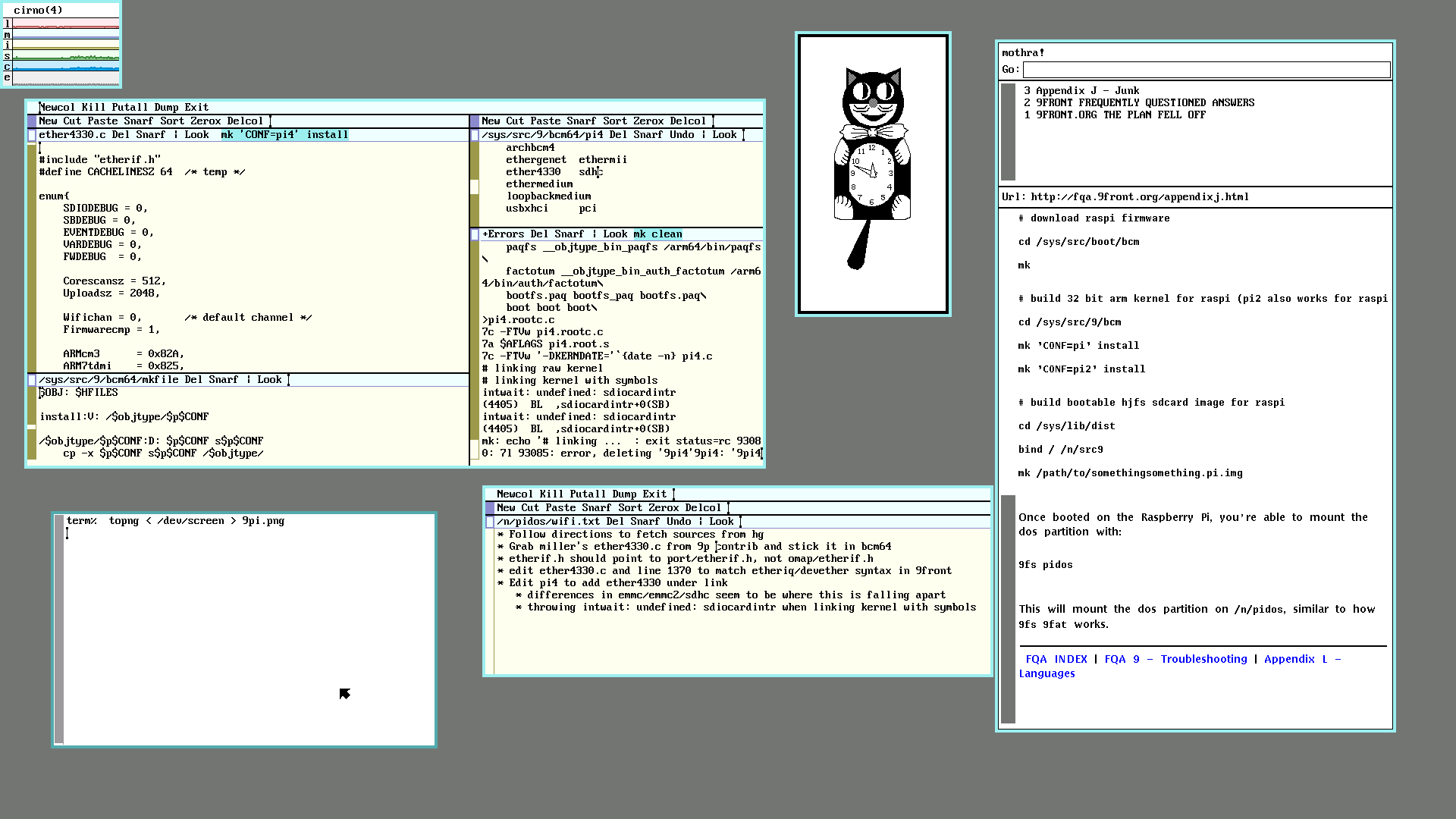
Also getting a little more used to acme, finally.
-
Optimizing friction
Over and in response to the last few months, I’ve been reflecting about intentionality, and how I spend my time creating things. I have tried to improve the indiewebbiness of my site, and understanding what it means to “scratch my own itch”. This resonates particularly lately because it’s leading me to mull over which parts should be hard and easy. Unsurprisingly, much of that is personal preference, and figuring out how I want to optimize from the perspective of user experience. Friction in UX can be a powerful tool, part of what I’m trying to find is where I want to retain friction as it helps me remain intentional.
-
Messed around and installed Plan 9. The SDF tutorial is a good starting point. #plan9 #sdf #bootcamp2020
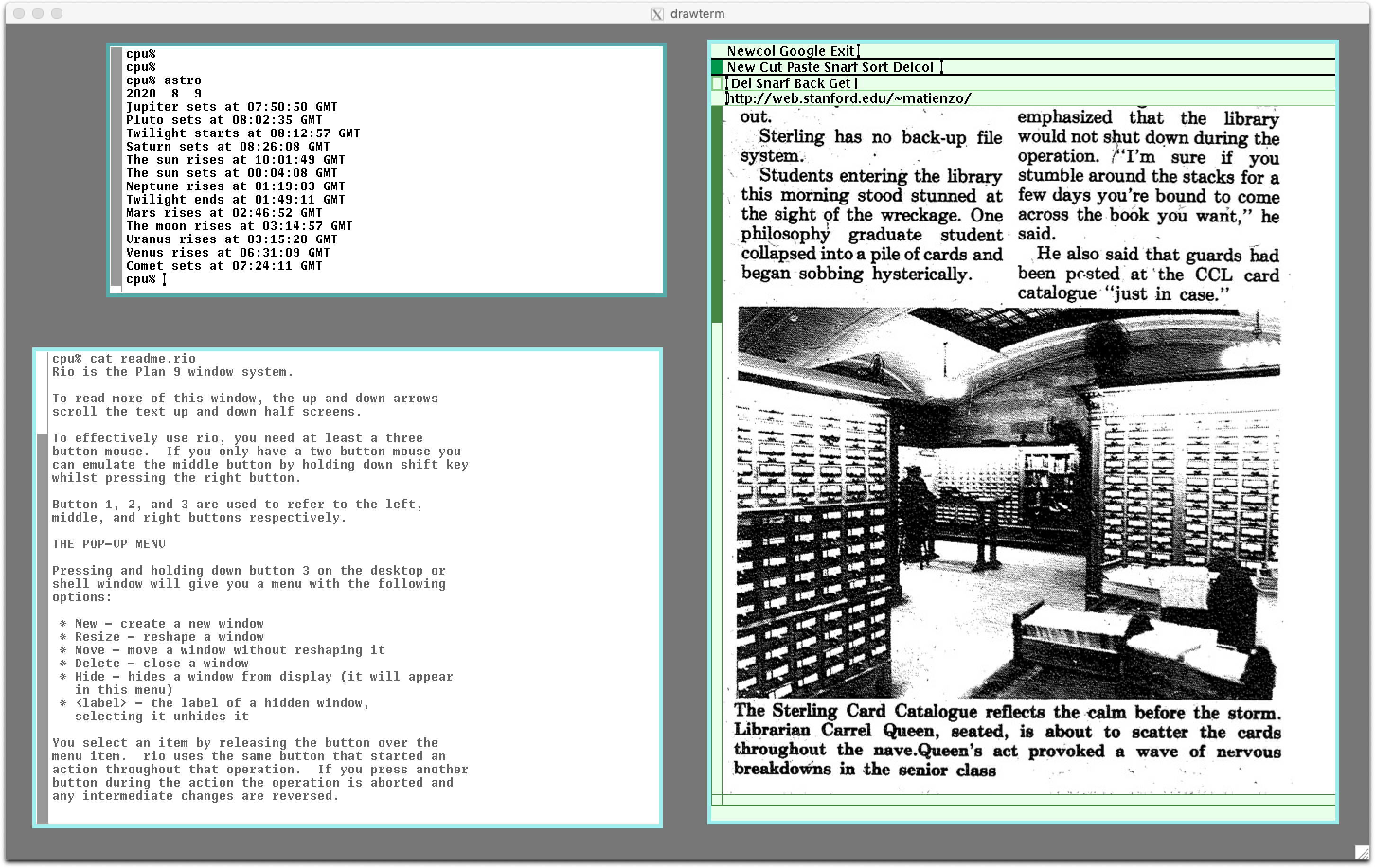
Good thing I had a three-button mouse nearby.
-
My new album is out. Eight tracks of disquieting drone/ambient/shoegaze, inspired by anxiety, climate grief, crustaceans, the coast, and nuclear power. Initial run of 200 pro-duplicated cassettes with letterpress printed covers. Massive thanks to folks who had a role in this release: @acid_lich for illustrations, James Plotkin for mastering, and Ben Owen at Middle Press for printing. Additional thanks to @TheGnarrator, @withoutdoom, and @adamfligsten for getting me to commit to using REAPER.
-
Black Tent - Dungeness Synth
Performed, recorded, and mixed February-May 2020 in San Mateo, CA, by M.A. Matienzo. Mastered by James Plotkin at Plotkinworks. Illustrations by Acid Lich. Printing by Middle Press. This is Imprecision #4. impr004. Summer 2020. -
Ancestry is being acquired by Blackstone for $4.7B, in case if you were wondering if there was money to be made in exploiting family history. Blackstone is also known for such great hits acquiring SESAC, the performing rights organization, and acquiring a 50% stake to the Haynesville Shale in Louisiana from Shell for $1.2B. Not to mention the many evictions in Blackstone-owned buildings in California.
-
One of the things coming out of the #saa20 Research Forum #saa20rf are the net negative structural and strategic impacts of contingent labor on archival practice. It seems to make poor economic, practical, and long-term sense to rely on it further and it’s disheartening to see that we’ve had to.
-
I recently tried making the Beddia dough for pizza after seeing @pizzaqueenphl post about it. Turns out it grills up nicely!

Prosciutto, mozzarella, and backyard arugula
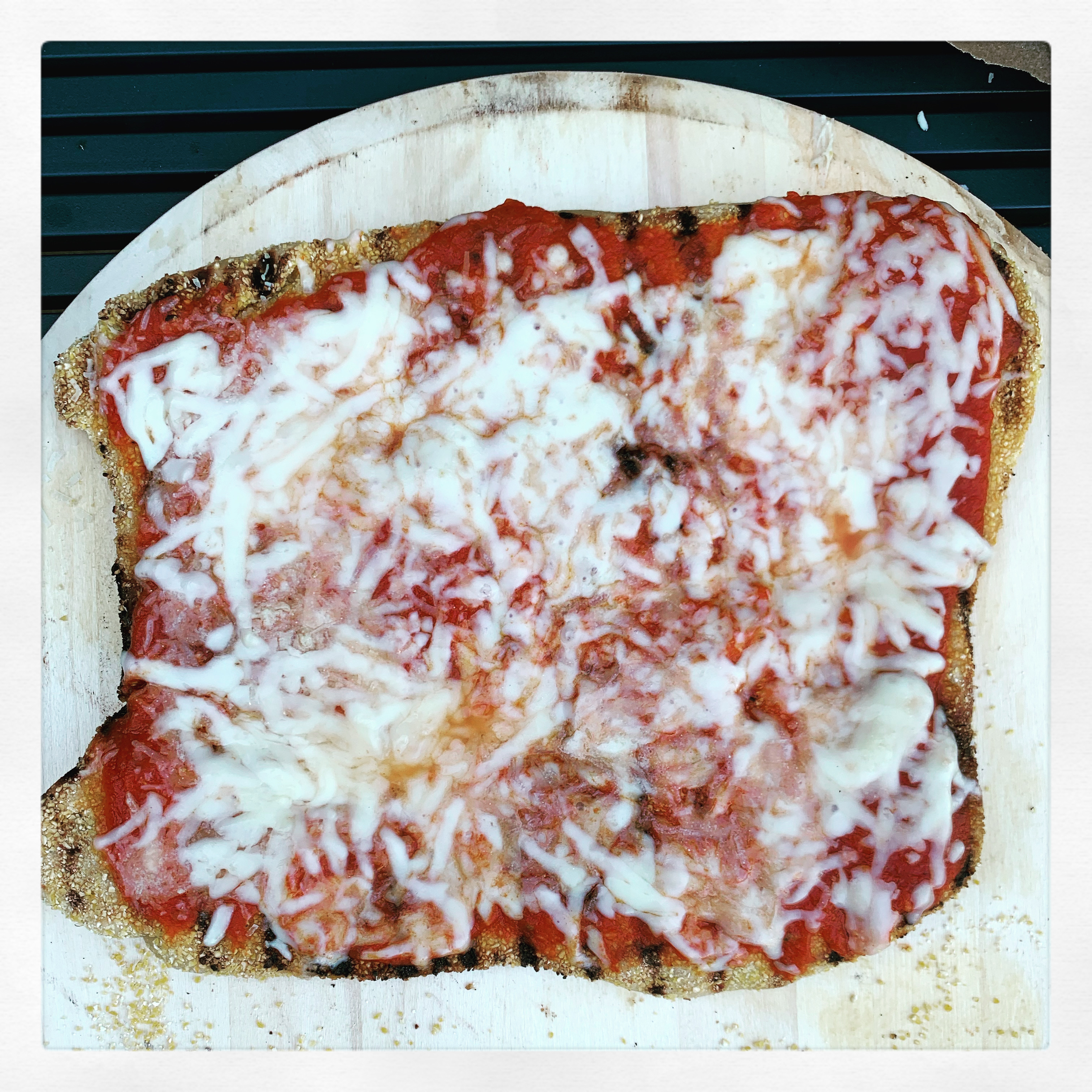
Mozzarella and pecorino sardo
-
Designing the Future of Archival Discovery and Delivery: The Lighting the Way Forum
Lighting the Way: A National Forum on Archival Discovery and Delivery was a national meeting of 70 archives, library, and technology workers held at Stanford University in February 2020. As a part of a project funded by IMLS, the Forum provided an inclusive, practitioner-focused environment for information sharing and collaboration around improving archival discovery and delivery (how people and systems like software, standards, workflows, and forms support finding, accessing, and using material from archives and special collections). The Forum relied on both plenary presentations, and activities drawn from human centered design methodologies and anti-oppressive facilitation frameworks, to address three primary goals: to have participants see, map, and build connections between one another, their work, the systems they rely on, and the communities they serve; to identify and organize around shared opportunities and challenges; and to provide a platform for critical engagement with the project. The Forum was designed recognizing that expertise in archival discovery and delivery work is spread across roles and staff classifications, and that certain participants are often excluded from such conversations. -
I'm hosting Drone Folder/Music for Archives on . Join your archives colleagues for live ambient, drone, and electroacoustic music.
While we mourn not seeing each other in person for the Society of American Archivists Annual Meeting, we offer the opportunity to gather online and imagine the sounds of our future reading rooms. Register for the Zoom meeting.
Feel free to connect your gear and join the clamor. You’ll be muted on entry, but feel free to unmute if you’re performing. This will be recorded.
-
↩️ –
@eaon@chaos.social thanks for the reminder; slight oversight. the original post has been updated to include the code for the shortcode.
-
these days i’m eating a lot of popcorn topped with coconut oil, curry powder, and either dried lime or lime juice. it’s delicious, my fingers and clothes end up turning yellow-orange
-
A Hugo shortcode for embedding Mirador
I spent a little time over the last day or so trying to bodge together a shortcode for Hugo to embed an instance of Mirador. While it’s not quite as simple (or full-featured) as I’d like, it’s nonetheless a starting point. The shortcode generates a snippet of HTML that gets loaded into Hugo pages, but (unfortunately) most of the heavy lifting is done by a separate static page that gets included as an
<iframe/>within the page. That page parses URL parameters to pass some of the parameters when Mirador gets instantiated.Getting a consistent way to load multiple IIIF manifests, either into comparison view or for populating a resource list also needs some work, which also led me to grapple with thinking through the IIIF Content State API spec, which will require some more attention, too.
-
spitballing a mirador shortcode or partial for hugo, and thinking about the balance of configurability vs ease of use. also the shortcode/partial distinction is kind of confusing.
-
🔖 MIST by Glimmer –
MIST (the Mathematical Image Synthesis Toolkit) isn’t just about the pretty pictures. By using the MIST application, it is our intention that users will explore functional problem solving and computational thinking by creating non-representational images. Computational thinking is an essential part of computer science, and MIST allows anyone to develop this skill. Anyone can use MIST because it does not require any prior experience in computer science. Users have the option of creating images from scratch, or completing tutorials and challenges that encourage problem solving and computational thinking through image building. MIST also encourages interactions between users. Create an account to see, share, and modify the work of other users. Our goal is to develop a community where users enjoy learning computational thinking by associating mathematical functions with interesting images.
-
🔖 comment parade –
commentpara.de is an anonymous commenting system for the indieweb. It allows login with a free-to-type name and avatar image, and comments under this identity.
-
🔖 М.В. Черкасова, «КАНОН» И «АРХИВ» В СОВРЕМЕННОЙ АРХИВНОЙ НАУКЕ США. Поволжский педагогический вестник, Том 5, № 4 (17), 2017. –
Postmodernism formulated a number of new fundamental problems in the theory of historical knowledge, which mainly concerned the principles of obtaining information about historical reality and the possibility of an adequate reflection of the past. The third problem, the problem of the interpretation of historical reality by archives, is attracting increasing attention of experts from various fields of knowledge (philosophers, historians, archivists).Reconsidering the essence of the archives is connected with the works of the French philosophers J. Derrida and M. Foucault. The latter defines the archive as the law governing the system of utterances, their production, allows not to “preserveˮ or “reviveˮ the tradition, but to reveal the limitations of our own thinking: “this is the edge of time surrounding our present, overhanging it and pointing to it in its Variability, this is something that, while outside of us, limits usˮ. In his turn, the German Egyptologist, researcher of cultural memory Jan Assmann, considers the archive simply as a repository of non-canonical texts, and the canon is a set of canonical texts that set the norms for the production of new utterances.Reflections of the philosophers led to the posing of new problems in archival science. One of them is connected with the study of the power nature of the archives, which both preserve and confiscate the historical memory of the society (Joan M. Schwartz, Terry Cook, Randall S. Jimerson). At the same time, some researchers (Matienzo) call for an interdisciplinary approach to archival analysis and introduce a number of problems in the archival science from literary discussions on canons (“canonical warsˮ).
-
made a lot of scallion pancakes a few months ago with sourdough starter discard following a spruce eats recipe as a way to avoid food waste. great way to use up cabbage, zucchini, etc, too.

scallion pancake
-
🔖 Touchless.Design –
The Touchless.Design project is under development to create tools and techniques to aid in the creation of safe, touchless interactive exhibits. Touchless.Design will host a collection of open-source software, design approaches, hardware information, and other resources. These resources will be freely available to museums, libraries, cultural organizations, and other public institutions.
This project is organized by Ideum, a vendor that provides multitouch tables and displays, and previously worked to develop Omeka Everywhere.
-
🔖 unthinkable thoughts: call out culture in the age of covid-19 – adrienne maree brown –
we are fearful of taking the time to be discerning, because then we may have to recognize that any of us could be seen as harmdoers. and when we are discerning, when we do step up to say wait, let’s get understanding here, we risk becoming the new target, viewed as another accomplice to harm instead of understood as a comrade in ending harm.
-
Besieged
I have spent the last four and a half months feeling like everything is slipping from my grasp – personally, professionally, and in between. The torpor of life under a pandemic and a world wracked with pain has led me to feel like I am stuck in slowly-drying glue. Planning too far ahead seems nearly pointless. And yet, every day, we are asked to undertake haruspicy, to speculate about how our organizations and ourselves should respond to the remaining uncertainty, ideally with precision. The world keeps turning and we are asked to keep up, while taking care of family members, grieving our losses, or dealing with other challenges amplified by the present circumstances. At the same time, I feel myself slowing down, or at least to continue trying to slow down. I have not read anything more substantial than an article since February, despite getting a stack of books out of the library in preparation for more time at home. The cognitive load of mailing packages can sometimes be too much. -
🔖 SLANT 6: STRAIGHT OUTTA WASHINGTON, D.C. IN THE ’90S –
Myra and I started writing songs together and one night we were at Tastee Diner with Nation of Ulysses, who were playing a show the next day. Steve Gamboa dared us to play the show, but we didn’t have a drummer. He said he’d play drums for us if we opened. So we practiced with him all the next day before the show. Then we played our three songs, and it was a total mess.
-
🔖 Bringing Black History to Light | Harvard Magazine –
This summer, Berry proposed a project to make those lesser-known voices a little easier to hear. Amid the pandemic, Houghton’s regular digitization projects have been put mostly on hold, and when protests arose after George Floyd’s killing, it sparked a nationwide hunger to understand black history and experiences. Libraries and institutions seemed suddenly keen to support African-American communities. “It felt like a great opportunity to increase black representation in our digital collections,” says Berry, whose professional background is in African-American-focused archival work. She put together project titled, “Slavery, Abolition, Emancipation, and Freedom: Primary Sources from Houghton Library.” Leading a team of colleagues, she will spend the 2020-21 academic year building out the library’s digital collection of records related to African-American history: thousands of items from the late eighteenth century through the early twentieth.
-
🔖 A Domain Of One's Own Meetup | July 23, 2020 –
We expect there will be students, teachers, designers, web developers, technologists, and people of all ages and ranges of ability from those just starting out with a domain to those running DoOO programs at colleges or even people running their own hosting companies.
-
🔖 Amethyst | ianyh –
Been using Amethyst on my work computer the last few weeks. Still making me wish I had a bigger monitor for working from home.
-
I migrated my site from Jekyll to Hugo. Indieweb-ifying Go templates is a heck of a lot easier than the pain of using Liquid. I also moved all of my old comments from Disqus to a static blob of JSON, using a forked version of Paul Hammant’s escape_from_disqus. How I handle new comments (non-Webmention or otherwise) is to come, but Tom Doe’s approach using Netlify Forms seems pretty neat.
-
RightsStatements.org
RightsStatements.org is a consortial initiative that focuses on providing a set of interoperable rights statements that make it easier for people to engage and reuse digital cultural heritage, particularly when provided by metadata aggregators. Since 2014, I have served as the co-chair of the Consortium’s Technical Working Group, which is responsible for maintaining the initiative’s vocabulary and infrastructure. We maintain our projects on GitHub.
-
Linked Data and Archives
I’ve been involved in modeling archival information as linked data since about 2009. Most recently, this includes work with the ARLIS/NA, RBMS, and SAA Joint Task Force on Art and Rare Materials BIBFRAME Ontology Extension. and Archives and Linked Data Interest Group.
-
Secret Mirror - just another alias
-
🔖 in case of emergency press (silkscreening) –
a list of presses that produce letterpress printing
-
ArcLight: Next-generation discovery and delivery for archives
-
Metadata aggregation
I have worked on metadata aggregation and consortial discovery projects since the beginning of my career, much of which focused on special collections and archives.
-
Lighting the Way: imagining futures for archival discovery and delivery
-
Comments on revisions to SAA statement on Diversity and Inclusion
The SAA Council has issued a call for comments on the SAA Statement on Diversity and Inclusion. As noted in the announcement, the revision includes changes to expand the statement to cover equity as well. Comments are open on the revisions until March 12, 2020, and what follows are the comments that I’ve submitted.
-
Black Tent - press the eject and give me the t.p.
-
Books read, January-February 2020
I’m trying to do a better job tracking what I’ve been reading. Here’s a start.

